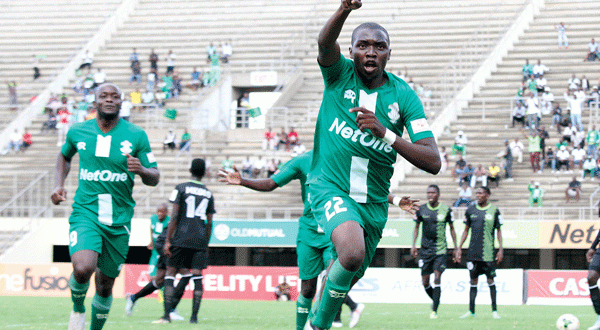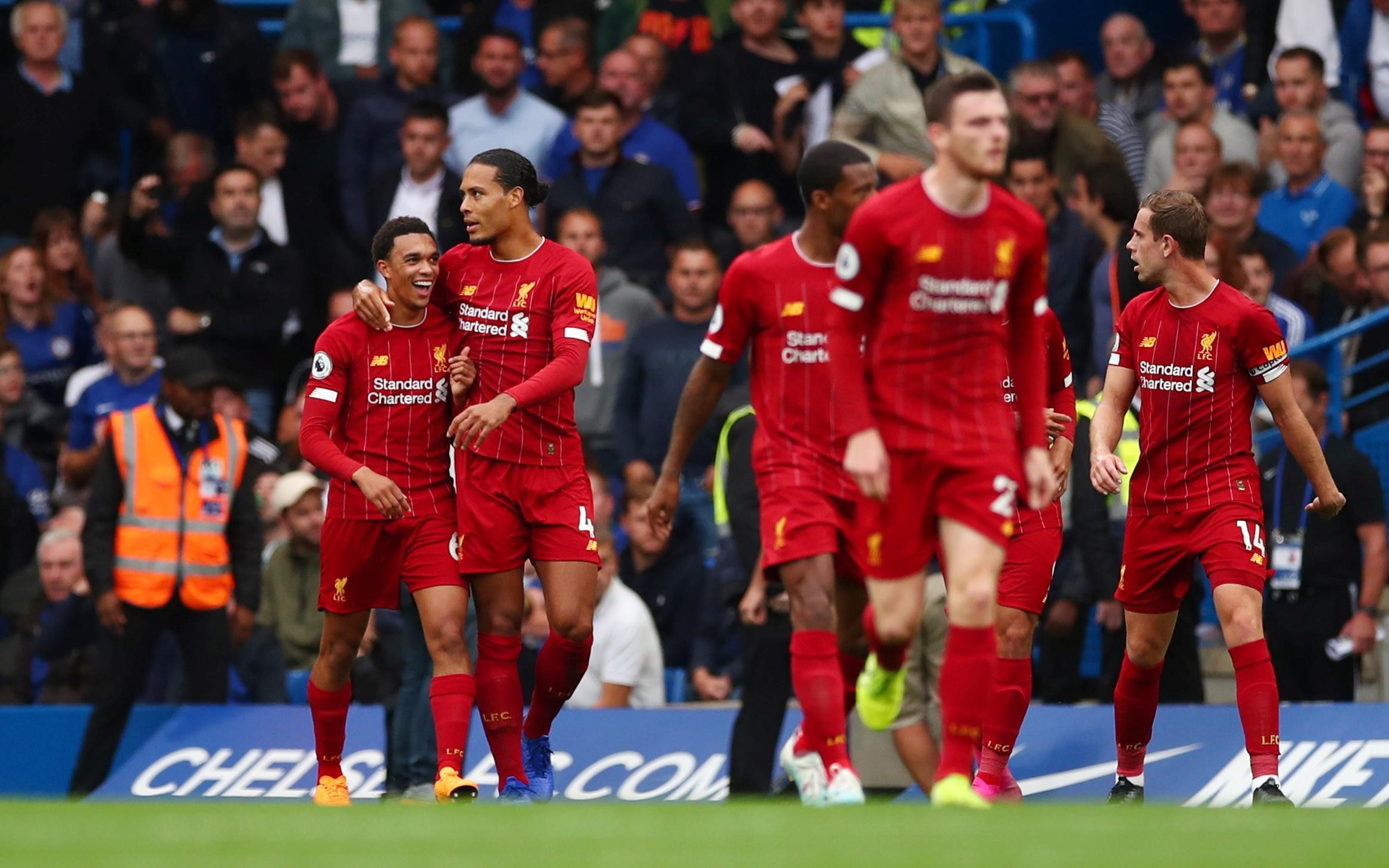
HARARE — It’s common knowledge that Stephen Mangongo coaches by emotion.
He shouts at his players and he swears at them and he tells them that if they don’t like it, they should stop screwing up. Simple, really.
Famously tough coaches like Ray Jennings have nothing on Mangongo. He is world cricket’s ultimate taskmaster.
Mangongo believes that his players need to grow up, which is ironic seeing they are treated like children. They are given a 9:30pm curfew and are not allowed to drink alcohol or have female companions in the team residence at any hour.
The average age of the squad is around 26, but it might as well be 16.
The current selection policy is similarly uncompromising. For several years, Mangongo has been a guaranteed headline-maker in the Zimbabwean media for his belief that the senior players fail too often and should, therefore, feel vulnerable.
“Nobody is safe,” he promised ahead of the series against South Africa last week and, as if to prove it, Brendan Taylor was dropped for the third game.
He also wanted to leave out Hamilton Masakadza, who had three 50s from his last four innings, before Wayne James put up enough resistance to prevent Zimbabwe from losing their two most senior batsmen for the same game. James, of course, has subsequently been relieved of his duties.
- Chamisa under fire over US$120K donation
- Mavhunga puts DeMbare into Chibuku quarterfinals
- Pension funds bet on Cabora Bassa oilfields
- Councils defy govt fire tender directive
Keep Reading
Since Mangongo’s appointment, Zimbabwe have used 18 players in four one-day matches. There is a line of thinking which is becoming increasingly common, that what Zimbabwe’s players need is support and stability, rather than being put in a situation where the pressure of playing for their place is added to their skill handicap.
“I’ve been asked that question many a time,” said Mangongo after Zimbabwe’s 198-run defeat to Australia on Monday. “Whether you’re playing game one, game 20, game 200, pressure is always there.
“And if you don’t perform, I don’t see any science in you playing.”
Coming from someone like Andy Flower or Dave Houghton or Henry Olonga — someone who has been through the challenges that Zimbabwe’s players face in every game — that might just have been palatable.
But, again ironically, Mangongo does not truly know what that pressure feels like, having never played anywhere near the top level.
This lack of understanding of international cricket’s realities cuts to the core of the problem in the Zimbabwean game at the moment.
With James removed from both the selection panel and cricket committee, and Andy Waller effectively sidelined, there is not a first-class cap, much less an international one, to be found in Zimbabwe’s structures at the moment.
Hence this belief that players can be expected to go from franchise cricket straight into international cricket and settle in immediately.
To anyone familiar with the top levels of the game, that is just not realistic.
Houghton tells a revealing story about Gary Ballance, whose runs for England over the past couple of months have pained Zimbabwe supporters, who wonder what could have been.
“He went to Yorkshire and they gave him an academy contract,” Houghton said recently. “Now this kid has already played for Derbyshire’s first team.
But Geoff Boycott said to me, ‘He can have an academy contract and if he’s good enough to play there then we’ll give him a second team contract. Once he’s proved himself in the second team then he’ll get an opportunity in the first team.’
“He played a full year in the academy and scored four or five hundreds before they gave him a second team contract. He played two years there and scored about 10 hundreds and a double hundred before they gave him a game in the first team.
He dominated from the time he got in the first team and now he’s playing for England. That to me is the natural progression — you must dominate the level you come from. Then you can dominate the next one.”
Sadly, the players given an opportunity in the South Africa series hadn’t dominated anything. Neville Madziva and Luke Jongwe had taken a total of 17 List A wickets prior to their debuts and managed a combined one for 157 from 24 overs as Zimbabwe lost all three games.
Conditions were better suited to the spinners, so the two seamers bowled just seven overs between them in the second game and Madziva was left out for the third one.
Jongwe is a promising allrounder who has stood up to most challenges thus far, but he scored 27 runs in the series and was dropped for the tri-series opener against Australia.
Zimbabwe actually fielded something close to their best side in the Australia game, although Vusi Sibanda wasn’t there. During one of his changing room tirades, Mangongo vowed that Sibanda would not play again under him.
Sibanda is an erratic and often frustrating player by most measures, but he is one of the most talented top-order batsmen Zimbabwe have for the limited-overs format and he has experience of playing in Australia, where most of Zimbabwe’s World Cup games will be held next year.
Of course, regardless of that, Zimbabwe does not have enough players to be alienating anyone.
It’s possible that Mangongo is overwhelmed by it all. Previous coaches have had an assistant, a batting coach and a bowling coach to lighten the load, but Mangongo has not had that luxury.
“It’s extremely difficult; absolute nightmare,” he admitted on Monday.
“I know for a fact that Zimbabwe Cricket (ZC) administrators are working on that. I have made the request, it’s a process. It goes to the cricket committee, it goes to board level for approval, so hopefully we will have the right set-up as we go along.
But yes, you cannot have a head coach trying to coach batting one on one, bowling, spin, fast bowlers, team strategy, game plan, you name it. Obviously that’s a lot to ask.
So yes, I’m hopeful that ZC is putting the right structures in place so that we can give our guys the right support in terms of training.”
Fresh appointments, therefore, seem likely, but they make less sense when you consider how poorly Zimbabwe cricket is using what resources it has at its disposal. Before the Test match against South Africa, Waller arrived at a practice session to see if he could lend a hand.
His offer was turned down and he sat and watched as a franchise player hit catches during the fielding session.
A good fight is all that Zimbabwe’s supporters expect from their players, but the fight appears to be draining out of them. It’s hard enough for them to compete with the best.
And it gets even harder when those running the game simply refuse to help. — WisdenIndia









